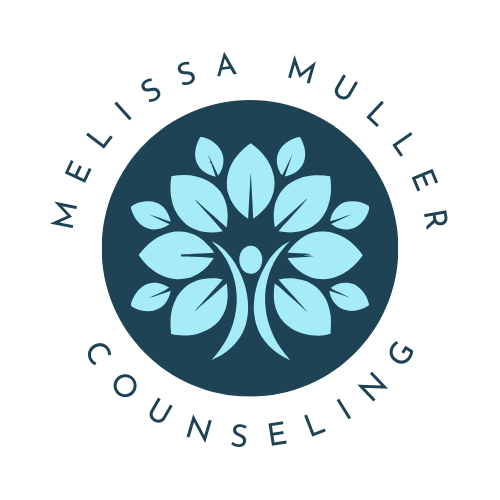Suicide claims more deaths than automobile crashes. Suicide is the third leading cause of death in ages 10 to 14 and the fourth ages 14 and up. In 2013 (the last recorded year for suicides) there were 41,149 deaths by suicide.
These are factors that increase an individual’s chance of considering and following through with a suicide:
- A history of prior attempts leaves one more susceptible to future attempts.
- A family history of suicide breaks the taboo of taking one’s life. It makes it the option an easier choice.
- Substance abuse increases the odds of suicide. Alcohol lowers one’s inhibitions, impairs judgement and increases impulsivity. Many people take their lives when intoxicated.
- A history of depression or other mental health issues raises the risk of suicide.
- Isolation from others and lack of support make suicide a viable option. No support system means there is no one there to help.
- Access to lethal means to harm oneself (guns, pills etc.). Combine this with impulsivity and the risk increases.
- Feelings of hopelessness. When one loses hope for the future suicide is an easier choice.
Warning Signs Include:
- Talking about feelings of hopelessness or wanting to die.
- Talking about feeling unbearable pain.
- Researching ways to kill oneself.
- Obtaining lethal means to harm oneself
What can you do to help someone you are concerned about?
- Talking to the individual is the best help you can offer. Don’t be afraid to ask the individual if he or she is considering suicide. Offer to assist the individual to obtain help
- Listen to what the individual is telling you and respond with empathy and compassion. Reassure them there is hope.
- Assist them in calling the National Suicide Hotline: (800) 273-8255
- If they state they are going to harm themselves, take them to a hospital for professional help.
Suicide is preventable if we all work together to be alert and caring to those around us. Be on alert today and always for possible suicide!
Melissa Muller is a Licensed Mental Health Counselor in St. Augustine, FL. Melissa works with families, adolescents, couples and individuals. Melissa has specializations in treating adolescents, eating disorders, trauma, and sexual addictions. In addition she enjoys working with the LGBT community. She often works with families in the crisis of divorce to make the transition as healthy as possible for both the children and the adults in the family.
Call or Contact Me for your appointment today (904) 595-6840.

